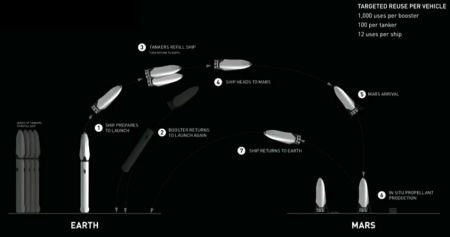In order to replace a burnt capsule quickly in its Soyuz capsule, Russia will ignore its own safety rules and allow the engineers to work without draining the capsule of its propellants and gases.
Sources close to investigation told RussianSpaceWeb.com that a cable located behind the cosmonaut seats inside the Descent Module of the Vehicle No. 732 had accidentally been bent severely enough to damage its insulation. As it turned out, the problem had nothing to do with the encapsulation of the spacecraft inside its payload fairing on September 15, as was initially thought.
Replacing the damaged cable is relatively straight forward, but it now has to be conducted on the vehicle fully loaded with toxic propellants and pressurized gases. Such an attempt would violate usual safety rules, but draining the spacecraft off its propellants and gases would likely be even more unprecedented and require lengthy repairs.
The big issue here is not the willingness of Roscosmos management to break its safety rules. In fact, believe it or not, those rules are possibly too strict. The repairs are taking place inside the capsule where the astronauts sit. If it is too dangerous for engineers to be there with the capsule fueled, then it would be too dangerous for the astronauts. Granted, engineers don’t usually sign up for those kinds of dangers, but then, if you are an engineer in the field of rocket science I suspect you did sign up, and expect them.
No, what is significant about this story is the bent cable and its damaged insulation, which was bad enough that the cable actually burnt, based on other reports. It suggests a variety of issues in the construction of this capsule, all of which are worrisome. First and foremost, how is it possible for insulation to break simply by bending a cable? Is the insulation that badly made? Or have they such low tolerances for the insulation (possibly to save weight) that it requires a very careful installation that in this case was done badly?
This is also only the second launch of an upgraded Soyuz capsule. Could it be that they haven’t worked out all the kinks in its design? If not, they have been making Soyuz capsules for literally decades. One would think that the people that install this wiring would know its tolerances and not make such a mistake.
I know I am being somewhat harsh here, but that harshness comes after seeing repeated quality control problems in a variety of Russian-built aerospace hardware in recent years. In the previous cases, however, the problems did not involve a manned flight. This one did, and if those same quality control problems are now showing up with Soyuz, that is a very bad thing.

